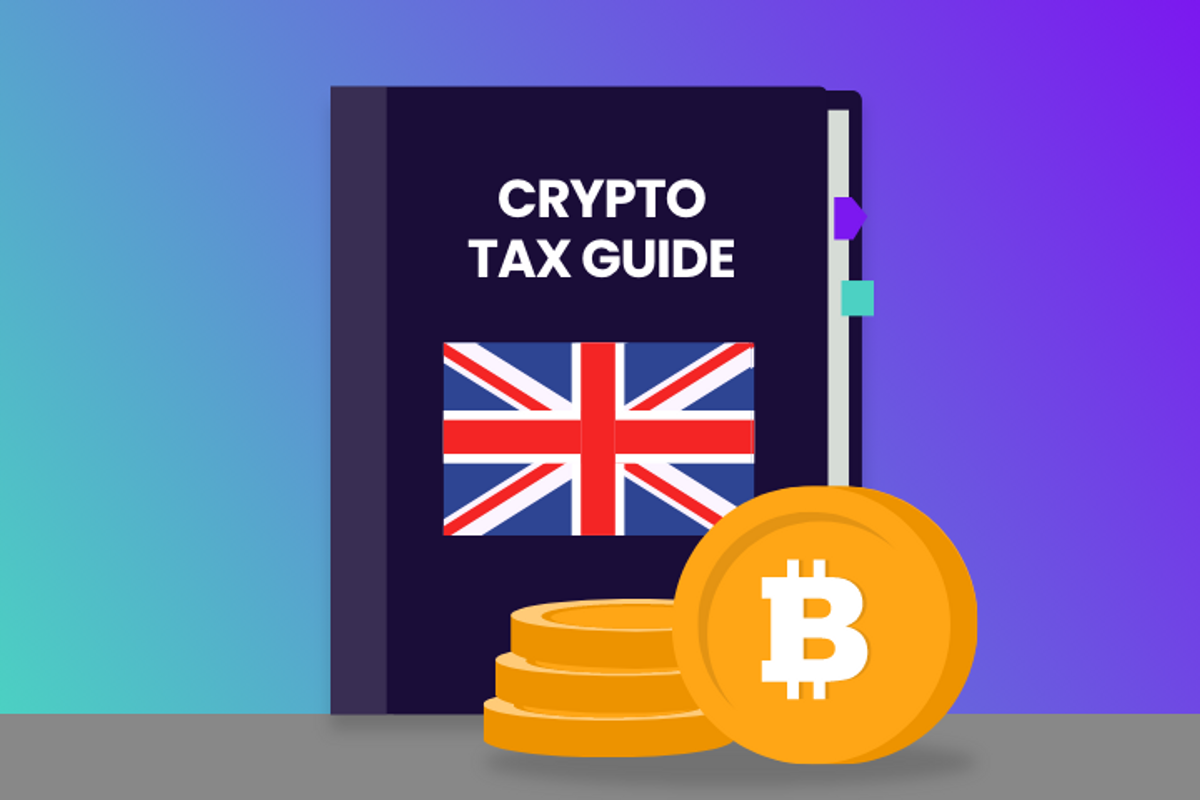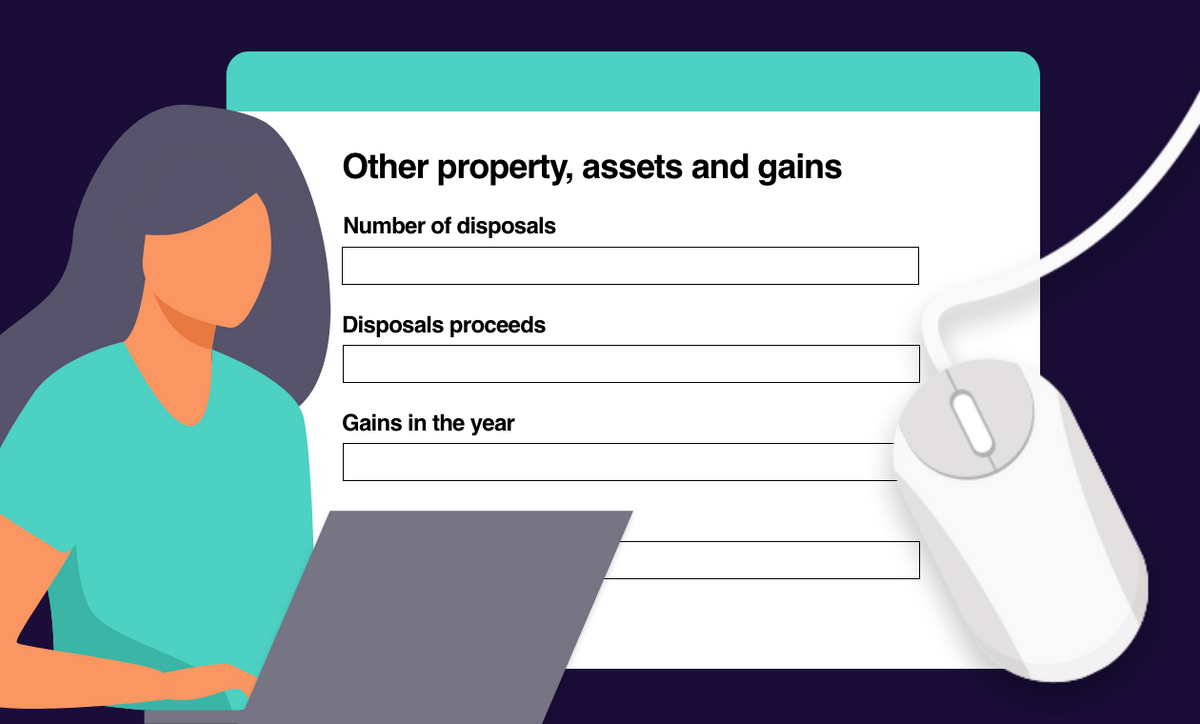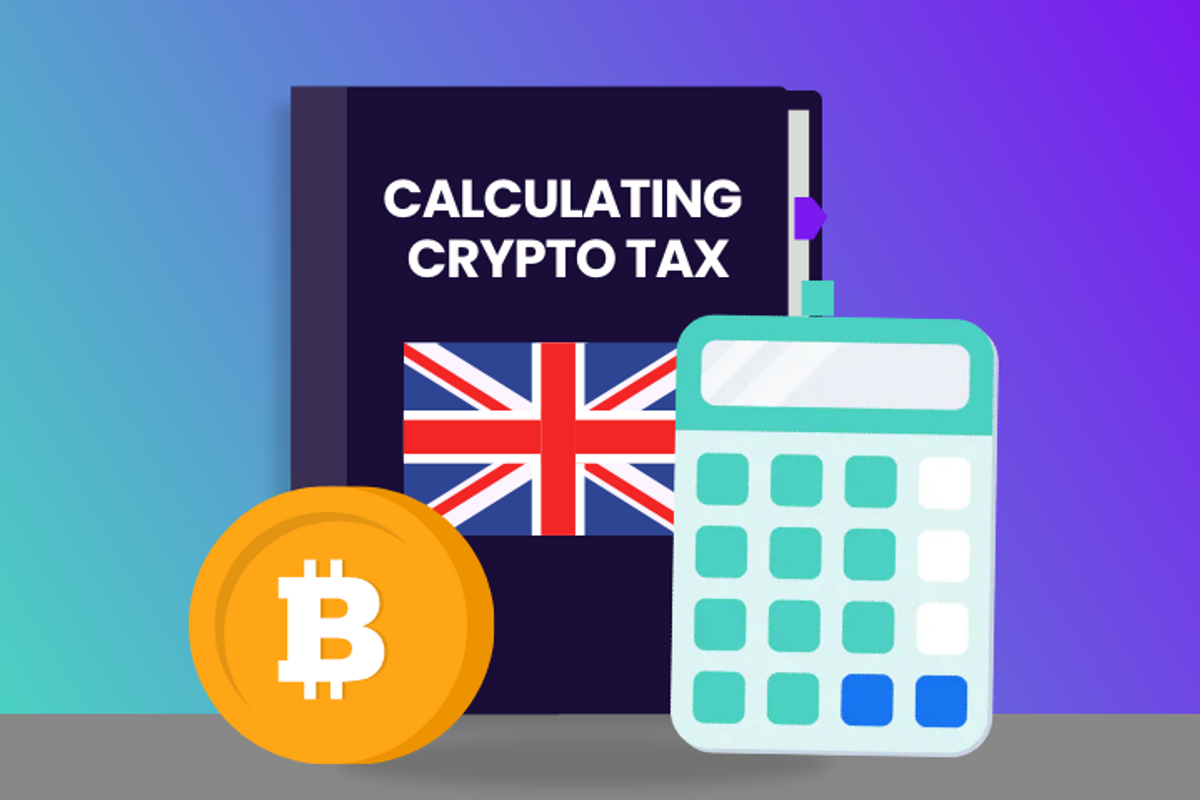
A growing number of individuals are receiving payment in crypto. Whether it’s Bitcoin, Ethereum or another cryptoasset, the trend of getting paid in crypto is on the rise. If you’re getting paid in crypto or considering it, it’s vital to understand the tax rules to avoid potential headaches with tax authorities.
In this article, we’ll delve into the intricacies of being paid in cryptocurrency including:
- How does being paid in crypto work?
- The benefits of being paid in crypto
- How taxes work when you are paid in crypto
- Rules on being paid in crypto in different regions
Disclaimer
This guide is intended as a generic informative piece. This is not accounting or tax advice that can be relied upon for any UK individual’s specific circumstances. Please speak to a qualified tax advisor about your specific circumstances before acting upon any of the information in this article.
Can you get paid in crypto?
Yes, crypto’s rise in popularity means that more workplaces are now able to pay their employees and freelancers in cryptocurrencies. This shift marks a significant departure from conventional payment methods, opening up new opportunities for individuals to explore the world of digital assets.
Key benefits and considerations of getting paid in crypto
Here are some key benefits and considerations associated with being paid in crypto:
- Global accessibility: cryptocurrencies operate on a decentralised network, transcending borders and eliminating the need for intermediaries like banks. This enables individuals to receive payments from anywhere in the world, fostering a borderless financial environment.
- Fast transaction speed and reduced transaction costs: traditional banking transactions often come with various fees and processing delays. Cryptocurrency transactions, on the other hand, can significantly reduce these costs, allowing for faster, almost instantaneous, and more cost-effective cross-border payments.
- Potential for value appreciation: cryptocurrencies are known for their price volatility presenting risk, but also offering the potential for growth. Individuals receiving crypto payments may benefit from an increase in the value of their holdings over time.
- Fewer regulatory constraints: crypto offers a decentralised financial landscape giving individuals financial freedom. However, this does also mean there is less protection so you should take a cautious approach and be aware of challenges like fraudulent activities or scams.
- Technical complexity: cryptocurrencies require a certain level of technical knowledge, which may pose a barrier to entry for some. Understanding how wallets, private keys, and blockchain technology work is essential for secure and efficient management of crypto assets.
- Complicated tax implications: tracking transactions can be complex and individuals are required to stay informed about tax regulations to ensure compliance. Tax is a massive burden, but with proactive tax management you may learn strategies to reduce your tax liability.
Requirements for being paid in crypto
To get paid in crypto, you'll need a few essential elements:
- Crypto wallet: a crypto wallet is a digital tool that allows you to store, send, and receive cryptocurrencies securely. There are various types of wallets, including hardware wallets, software wallets, and online wallets. Choosing the right wallet depends on your preferences and security needs.
- Wallet address: to receive payments in crypto, you'll need to provide your wallet address to your employer. This address is a unique string of characters associated with your wallet, ensuring that funds are sent to the correct recipient.
- A good understanding of wallet and crypto security: given the decentralised and irreversible nature of cryptocurrency transactions, ensuring the security of your wallet is paramount. Implementing strong password protection, enabling two-factor authentication, and keeping private keys confidential are crucial steps to safeguard your crypto holdings.
- Record keeping for tax compliance: keeping detailed records of your crypto transactions is essential for both tracking your income and ensuring compliance with local tax laws. You should maintain a comprehensive record of all incoming and outgoing transactions, including dates, amounts, and counterparties. Crypto tax software can automate tracking and tax calculations making the process more efficient and accurate.
Getting paid in crypto offers a novel and flexible approach to compensation, but it's important to navigate this space with a clear understanding of the associated benefits and the necessary tools for seamless transactions.
National minimum wage (NMW) considerations for crypto employment income
CRYPTO10100 confirms that HMRC do not consider cryptoassets to be money. HMRC guidance explicitly states that employees must receive actual money payments to fulfill National Minimum Wage (NMW) requirements and confirms that payment via vouchers, stamps or similar documents which can be exchanged for money, goods or services are not counted towards NMW. It's highly likely that cryptoassets fall into this category, and as a result, they are not considered compliant with NMW regulations.
To avoid potential NMW liabilities (both criminal and civil) and the associated penalties, employers should think about compensating a portion of an employee's salary in fiat sterling to cover NMW requirements for the hours worked.
Seeking legal advice is strongly recommended in this scenario, especially for drafting employment contracts. Apart from addressing the split payment in sterling and cryptoassets, the employment contract clauses can also touch upon handling price fluctuations and regulatory concerns. This ensures a clear understanding between employers and employees, minimising risks and aligning with NMW regulations.
If you get paid in crypto, do you pay tax?
If you get paid in crypto, whether it’s Bitcoin, Ethereum or another cryptoasset, you will have to pay tax and national insurance (NI) contributions based on the sterling equivalent at the date of receipt.
When you later sell, swap or spend your crypto, you may also be subject to capital gains tax. To learn more about how cryptocurrency is taxed check out our detailed UK cryptocurrency tax guide or to work out how much tax you owe, get started with our crypto tax calculator.
Which taxes do you pay if you are paid in cryptocurrency in the UK?
When being paid in crypto, income tax on receipt of payment and capital gains tax on subsequent disposals of the cryptoassets both need to be considered.
Income tax
In the UK, when you receive payment in cryptoassets, the sterling equivalent at the date of receipt is considered taxable employment income, and it's subject to income tax and national insurance (NI) contributions. How these taxes are collected depends on whether the tokens are readily convertible assets (RCAs) and if your employer is based in the UK.
RCAs (Readily Convertible Assets):
If the cryptoasset tokens you receive as employment income are readily convertible assets, like Bitcoin, your employer is responsible for operating PAYE on this income. They estimate the sterling value of the tokens at the date of receipt on your payslip and collect income tax and NI accordingly.
What is an RCA?
A readily convertible asset (RCA) is something easily exchanged for cash, such as stocks, shares, or commodities like gold. Cryptoassets, like Bitcoin are considered RCAs if trading arrangements exist, or are likely to come into existence, in accordance with section 702 of the Income Tax (Earnings and Pensions) Act 2003. Tokens like Bitcoin can be exchanged on various platforms for fiat money, on that basis, HMRC views that ‘trading arrangements’ exist, or are likely to come into existence at the point they are received as employment income.
Non-RCAs
Cryptoassets received as earnings from employment that don’t meet the definition of RCAs are still subject to income tax and NI but employers do not have to operate PAYE. Instead, as an individual, you must declare and pay the income tax due on any cryptoasset income using the employment pages of a Self Assessment tax return. The employer should treat the payment of cryptoassets as payments in kind for NI purposes, and pay any Class 1A NI contributions to HMRC.
Overseas employer
Where the employer has no UK tax presence the tax position can be complex and advice should be sought from a qualified tax professional.
If you're working for an employer based overseas and need to file a Tax Return, it's important to include your gross employment income (in British Pounds) and tax deducted. If your employer cannot deduct the full amount of income tax due from your pay, they must still account to HMRC for the balance - this is called the ‘due amount’. You’ll need to reimburse your employer for the ‘due amount’ within 90 days after the tax year ends. If you don’t, then a further income tax charge and national insurance contributions liability will arise for an amount equal to the ‘due amount’.
For UK tax residents working by an overseas employer, things can get a bit more hands-on. It’s likely that the employee will need to operate a PAYE Direct Payment Scheme for their employment income. This means you need to figure out the income tax and national insurance owed on your cryptoassets employment income. Every time you get paid, you have to report this to HMRC on RTI returns and pay the income tax and national insurance directly to HMRC each month.
Capital gains tax
Any disposal after receiving cryptoassets as income is subject to the capital gains regime and there may be a taxable capital gain if there has been an increase in value of the cryptoassets. Take a look at our comprehensive UK crypto tax guide to find out more about capital gains tax.
Getting paid in crypto: tax rules in the UK vs US
Now, let's take a quick glance at how the IRS handles crypto income in the US. According to the IRS, when you receive payment in crypto, it's treated as ordinary income, and you'll be required to pay income tax on it. This applies even if you're not a traditional employee but are receiving crypto for services rendered. Additionally, in most US states, taxpayers will need to pay both state and federal income tax on their crypto income.
Just like in the UK, in the US you'll also encounter capital gains tax when you sell, swap, or spend your crypto.
For further information take a look at our US crypto tax guide.
Can I avoid paying tax on crypto income?
While you can't entirely avoid paying tax on your crypto income in the UK, there are several strategies you might explore to potentially minimise your crypto tax liability, like taking advantage of allowances and deductions, and staying informed about evolving crypto tax regulations.
To learn more about tax saving strategies for crypto, check out our article Can you avoid paying crypto tax in the UK?
Key takeaways: being paid in crypto
- It’s possible to be paid in crypto and this is becoming increasingly more popular
- UK individuals who are paid in crypto will be subject to income tax and national insurance contributions
- If you later sell, swap or spend your crypto you may also be subject to capital gains tax
- You’ll be taxed differently depending on the tax laws for your country.
If you want to effortlessly track your crypto income all in one place, start your journey with Recap and sign up today.



